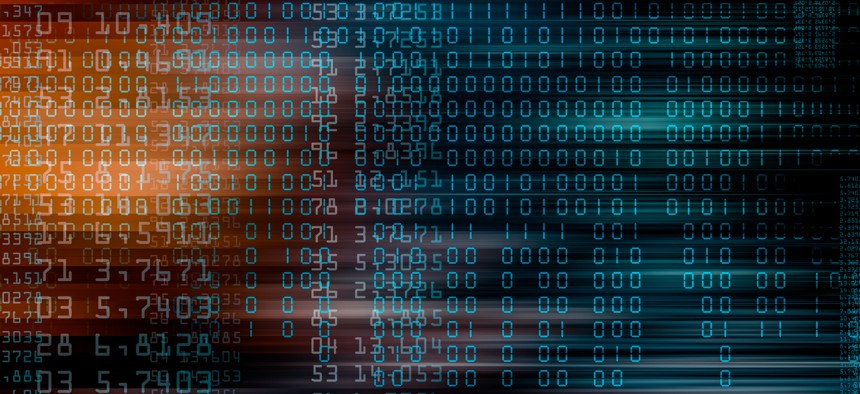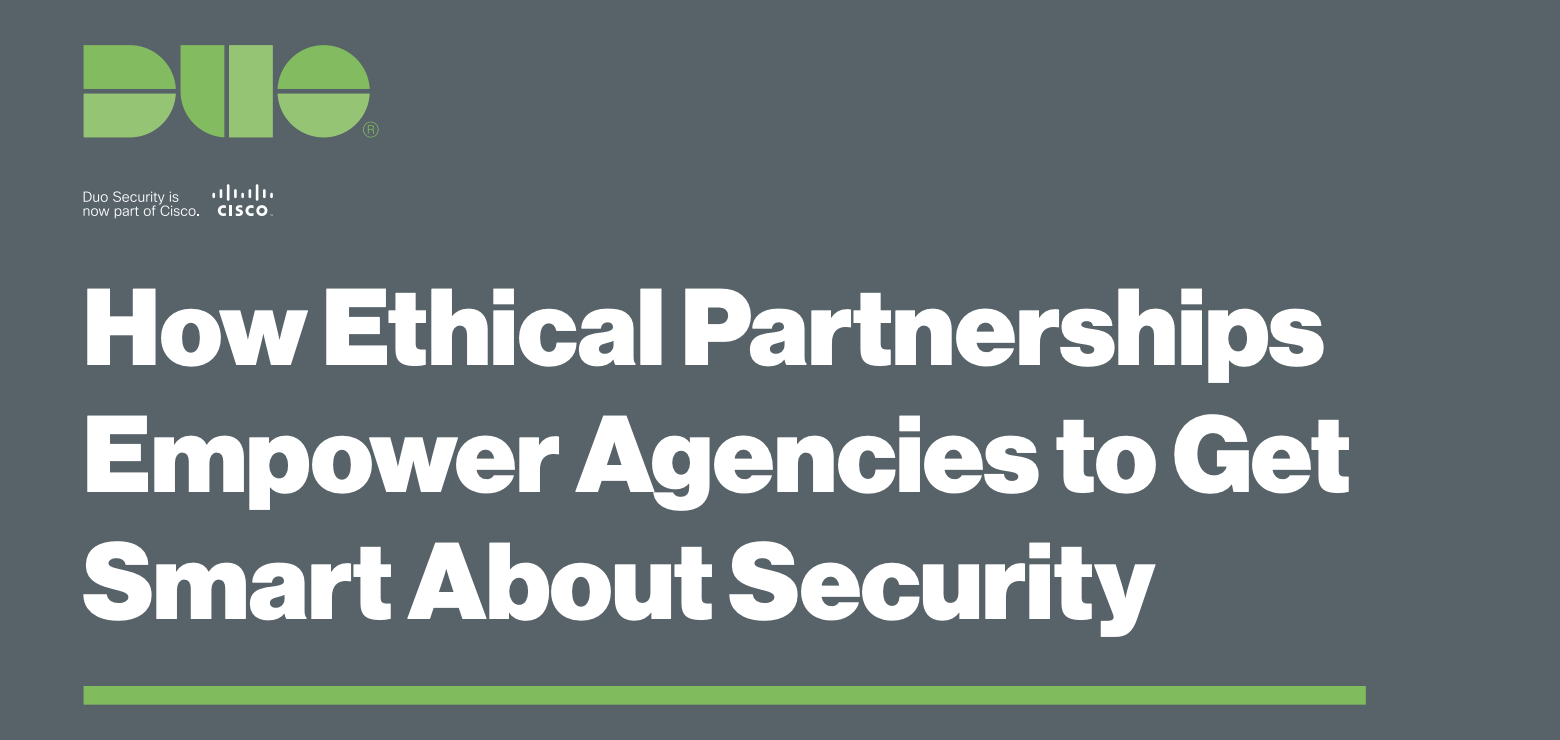sponsor content What's this?
How Ethical Partnerships Empower Agencies to Get Smart About Security

iStock/ivanastar
Presented by
Duo Security

Federal leaders weigh in on what the Kaspersky Lab case has meant for government IT security — and what it will take for the U.S. to ensure their systems are safe and secure.
In 2017, the U.S. government made a decision that would alter how government agencies work with and vet suppliers. After allegations that cybersecurity company Kaspersky Lab had engaged in activities with the Russian Federal Security Service — with the possibility that Kaspersky software could be used to gather sensitive and classified information from government entities — the U.S. banned all use of the company’s software across the federal government.
While the case was eventually dismissed, it set the stage for important discussions about how and why the U.S. government should seek to better investigate their contractors. Today, as the public sector continues to innovate, new tools and technologies offer agencies the opportunity to work faster and more efficiently.
But if the Kaspersky Lab case has taught us anything, it’s that with this innovation — and more data at our fingertips than ever before — comes risk. And for that reason partnering with ethical suppliers is critical to an organization’s cybersecurity efforts, as well as our national security.
In a recent webcast from NextGov, underwritten by Duo Security, cybersecurity reporter Mariam Baksh spoke to federal leaders about what the Kaspersky Lab case has meant for government IT security and how partnering with trusted suppliers, like Duo Security, can empower agencies to keep their IT systems secure going forward.
Check out key takeaways from the webcast in the article below!
This content is made possible by our sponsor Duo Security; it is not written by and does not necessarily reflect the views of NextGov’s editorial staff.
NEXT STORY: Infinite Endpoints: As Telework Becomes the New Normal, Agencies Look to Prioritize Security






